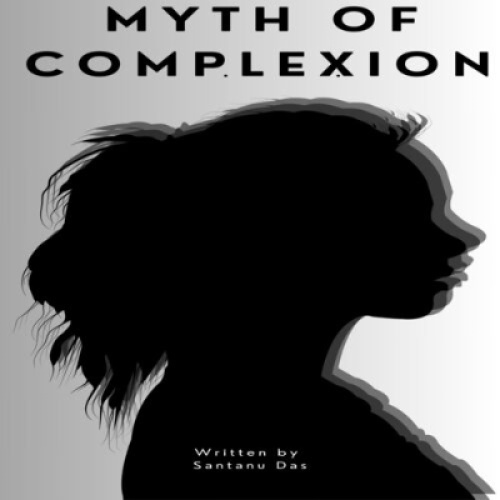The word "complexion" is derived from the Latin word complexie, which refers to the general state of nature. Over time, this term evolved in English to denote the natural tone or color of an individual's skin. Today, however, the concept of complexion has become complex, particularly when it comes to defining human skin tones. This complexity has, unfortunately, fostered socio-economic disparities and racism across the globe.
Complexion, as a term, has been widely exploited by the cosmetic industry, which preys on individuals who feel insecure about their darker or brown skin tones. These industries manufacture hundreds of products, promising to transform darker skin tones into fairer ones - a promise that is fundamentally a hoax.
In a country like India, with a population of 1.5 billion people, our genetics are deeply rooted in darker and brown skin tones. Historically, fairness was not a significant aspect of our society until the colonial period. The colonial mindset introduced a perception of Caucasian white skin as superior, a notion that has sadly persisted in our subconscious.
Consider this scenario: if something is stolen and there are two suspects - one with dark brown skin and the other with fair skin - who are both claiming innocence, it is likely that people would be more inclined to believe the fair-skinned individual. It's a harsh reality, but it is true. This bias isn't entirely our fault; it's the result of a psychological conditioning that has ingrained the notion of fairness as synonymous with reliability.
This bias is so deeply rooted in our society that it transcends caste and other social divisions.
In conclusion, it is imperative that we rid ourselves of this social disorder. We must remember that we are all human beings with the same Homo sapiens DNA that our ancestors passed down millions of years ago. We eat the same food, sleep the same way, breathe the same air, and bleed the same red blood. While our appearances may differ, at our core, we are all the same.
Complexion, as a term, has been widely exploited by the cosmetic industry, which preys on individuals who feel insecure about their darker or brown skin tones. These industries manufacture hundreds of products, promising to transform darker skin tones into fairer ones - a promise that is fundamentally a hoax.
In a country like India, with a population of 1.5 billion people, our genetics are deeply rooted in darker and brown skin tones. Historically, fairness was not a significant aspect of our society until the colonial period. The colonial mindset introduced a perception of Caucasian white skin as superior, a notion that has sadly persisted in our subconscious.
Consider this scenario: if something is stolen and there are two suspects - one with dark brown skin and the other with fair skin - who are both claiming innocence, it is likely that people would be more inclined to believe the fair-skinned individual. It's a harsh reality, but it is true. This bias isn't entirely our fault; it's the result of a psychological conditioning that has ingrained the notion of fairness as synonymous with reliability.
This bias is so deeply rooted in our society that it transcends caste and other social divisions.
In conclusion, it is imperative that we rid ourselves of this social disorder. We must remember that we are all human beings with the same Homo sapiens DNA that our ancestors passed down millions of years ago. We eat the same food, sleep the same way, breathe the same air, and bleed the same red blood. While our appearances may differ, at our core, we are all the same.




